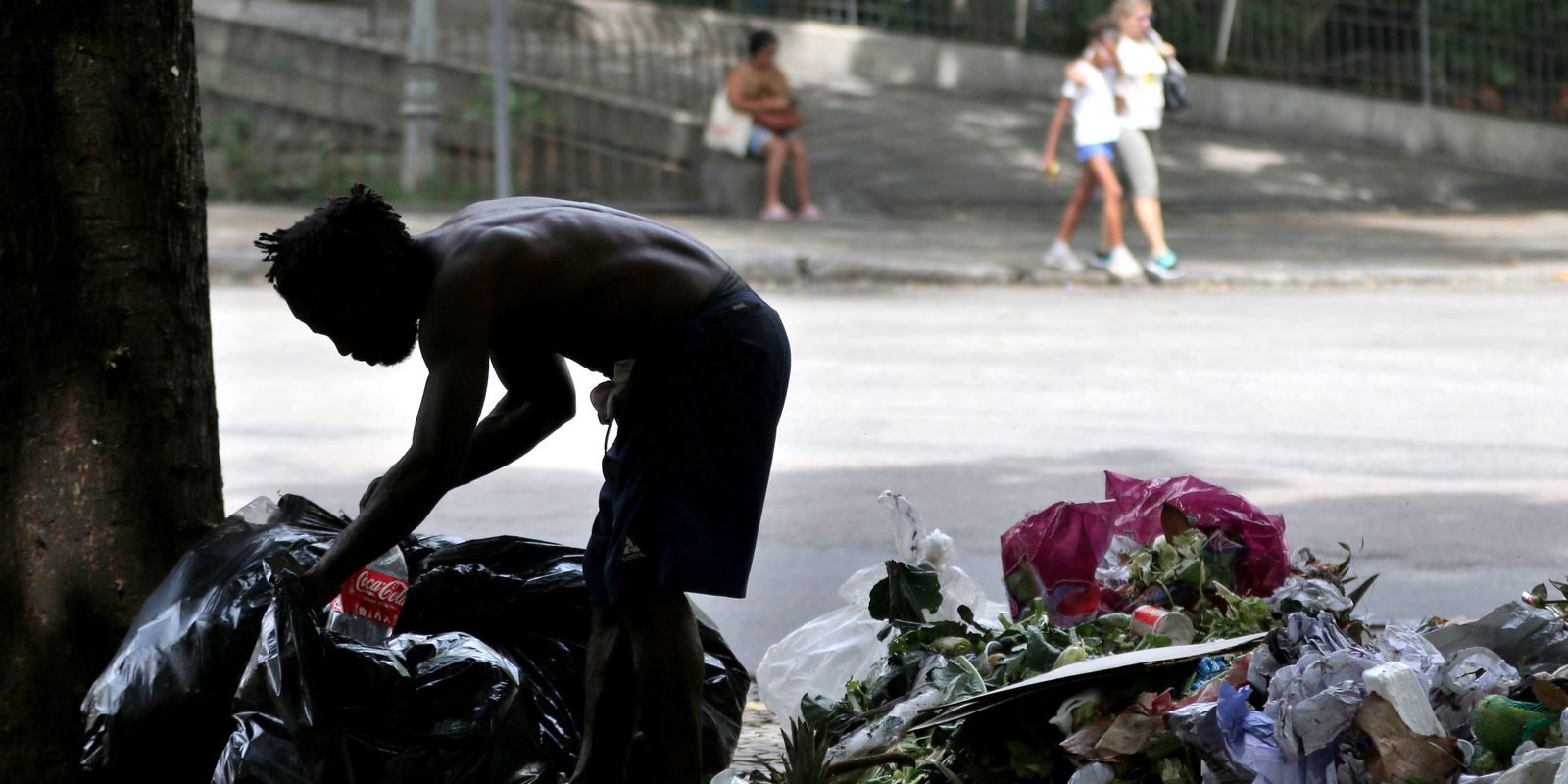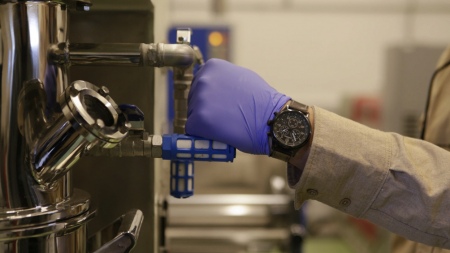Income inequality in Brazil is even greater than imagined. This finding is from a survey by FGV Social, which combined the Individual Income Tax (IRPF) database with that of the Pnad Contínua, prepared by the Brazilian Institute of Geography and Statistics (IBGE). The research showed that the Gini index reached 0.7068 in 2020. The value is higher than the 0.6013 calculated only in the Pnad Contínua. Every 0.03 point corresponds to a large change in inequality.
“Inequality, when we combine income tax data with household surveys, it appears much higher, and its change in the pandemic was not a fall, as was believed, but a small increase”, explained the director of the FGV Social, Marcelo Neri, in an interview with Brazil Agency.
According to the professor, the income of the richest revealed in the income tax is higher than what is captured by the PNAD. “If people declare income tax, declare what they have, if they don’t pay taxes for nothing, then there is inequality because they capture more income from the richest. And during the pandemic, the middle group, the middle class, did not have the aid and also did not have capital income to stabilize the adverse shock”, he said, adding that this portion, the middle class, had even more effects with the losses of jobs.
According to the Gini calculation, the closer the indicator is to 1, the greater the inequality. The pandemic is also responsible for influencing inequality. Different from what was thought, even with Emergency Aid, Brazilian inequality did not retreat during the pandemic. With the usual Gini methodology, the level would have gone from 0.6117 to 0.6013. However, with the combination of bases, the indicator goes from 0.7066 to 0.7068.
Neri highlighted that the losses of the richest (the 1%) was 1.5%, a level lower than half of the middle class, which remained at 4.2%, and became, according to the professor, the great loser of pandemic.
“Although the income of the poorest was protected by the Emergency Aid, the income of the middle class had a drop almost three times greater than that of the top of the distribution. He was [queda de] 4.2% for the middle class and minus 1.2% for the top of the distribution. The photography of inequality and the film of the pandemic are worse than they imagined. This is a more macro picture of the research,” she explained.
Federation Units
The highest per capita income tax incomes in Brazil were noted in Brasília (R$3,148), São Paulo (R$2,063) and Rio de Janeiro (R$1,754). In the capitals, Florianópolis took the lead (R$ 4,215), followed by Porto Alegre (R$ 3,775) and Vitória (R$ 3,736). Also highlighted were the municipalities of Nova Lima, in Greater Belo Horizonte (R$ 8,897); São Caetano, in Greater São Paulo (R$4,698) and Niterói, in the Metropolitan Region of Rio de Janeiro (R$4,192).
The smallest declaration of equity per inhabitant was registered in Maranhão (R$ 6.3 thousand). On the contrary, the highest is in the Federal District (R$95,000), where there is a lot of wealth concentrated, led by Lago Sul (R$1.4 million). The income presented in the IRPF per inhabitant in Lago Sul is R$ 23,241. The value, according to the survey, is three times greater than that achieved in Nova Lima, the richest municipality in Brazil.
The study maps income flows and stocks of assets of the richest Brazilians based on the last available IRPF. For Professor Neri, the assessment is useful for formulating reforms in income and property tax policies. “We release information that is useful for designing income tax reform, taxation on assets, on inheritance,” he said.
Future
Neri assessed that the perspective of improvement in inequality is the payment of a new Bolsa Família, which is important for the poorest, with a larger budget this year, but for the following years it has not yet been defined.
Still on the reduction of impacts of inequality, the professor mentioned the return of Minha Casa, Minha Vida, including the population of band 1, which has lower incomes. “There is this social agenda at the base that is important and determinant of inequality”, he said.















